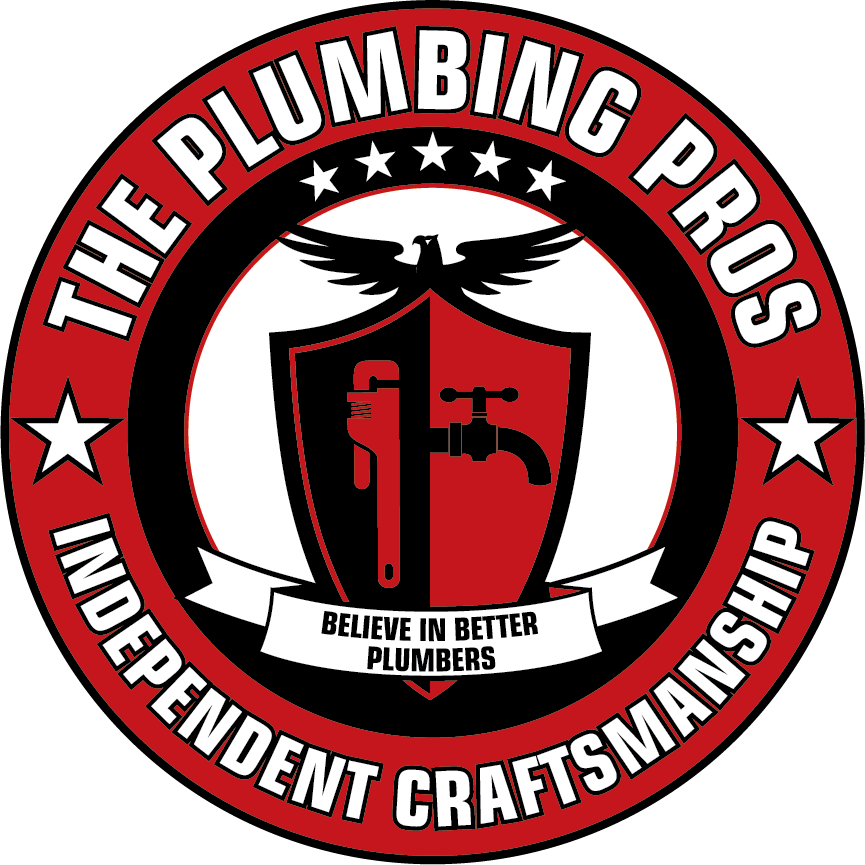Understanding Residential Water Pressure
Understanding Residential Water Pressure: Importance, Guidelines, and Maintenance
Water pressure is a critical component of your home’s plumbing system, influencing the efficiency and functionality of fixtures and appliances. Understanding residential water pressure, its recommended levels, and potential implications is essential for maintaining a reliable and safe plumbing system.
What is Residential Water Pressure? Residential water pressure refers to the force exerted to push water through the pipes and into your home’s fixtures, such as faucets, showers, and appliances. It is typically measured in pounds per square inch (PSI), indicating the amount of pressure exerted per unit area. The ideal water pressure for residential homes typically falls around 60 PSI. However, a range of 40-80 PSI is generally considered acceptable within industry standards.

It’s crucial to note that exceeding 80 PSI may not only compromise the efficiency of your plumbing system but also violate local code guidelines, potentially leading to regulatory issues. Excessive water pressure can have detrimental effects on your plumbing infrastructure and household appliances. Some common issues include:
- Damage to Flexible Lines: High water pressure puts too much stress on flexible lines, such as those connected to appliances and fixtures. Over time, this strain can lead to leaks, cracks, or even ruptures, resulting in costly repairs or replacements.
- Stress on Plumbing System: Your plumbing system is designed to withstand a certain level of pressure. When this threshold is exceeded, it can strain pipes, valves, and fittings, increasing the risk of failures and leaks throughout the system.
- Line Breakage: Elevated water pressure significantly raises the likelihood of a line break within your plumbing system. These breaks can result in water damage to your property, disruption of the water supply, and potential health hazards if unaddressed.
Monitoring and regulating water pressure is crucial for maintaining a safe and efficient plumbing system. Pressure can be tested using a pressure gauge attached to a hose bib or at the water pressure regulator, located near the main water supply line entrance. Adjustments can then be made as needed to ensure pressure falls within the recommended range. Several factors can contribute to inadequate water pressure in residential properties, including:
- Faulty Regulators: Malfunctioning or improperly adjusted water pressure regulators can lead to fluctuations in pressure throughout the system.
- Blocked Water Filters: Accumulation of debris or sediment in water filters can restrict the flow of water, resulting in reduced pressure.
- Issues with the Main Line: Damage or blockages in the main water supply line can inhibit the delivery of water to your home, causing fluctuations in pressure.
Maintaining optimal water pressure is crucial for the efficiency, longevity, and safety of your plumbing system. At The Plumbing Pros, our plumbers make it a point to check the water pressure at every home that we are called to. By adhering to recommended pressure levels, conducting regular pressure tests, and addressing any underlying issues promptly, you can ensure a steady and reliable water supply for your household. If you’re experiencing problems with water pressure, don’t hesitate to consult a professional plumber to diagnose and resolve the issue effectively.
Contact us if you have any questions or if you need a plumber in Roseville..
THE PLUMBING PROS
1973 Frensham Dr.
Roseville, CA 95661
steve@theplumbingpros.biz
(916) 778-7384
THE PLUMBING PROS
1973 Frensham Dr.
Roseville, CA 95661
steve@theplumbingpros.biz
(916) 778-7384
[cfdb-save-form-post]
DIRECTIONS
Directions
QUESTIONS OR COMMENTS?

